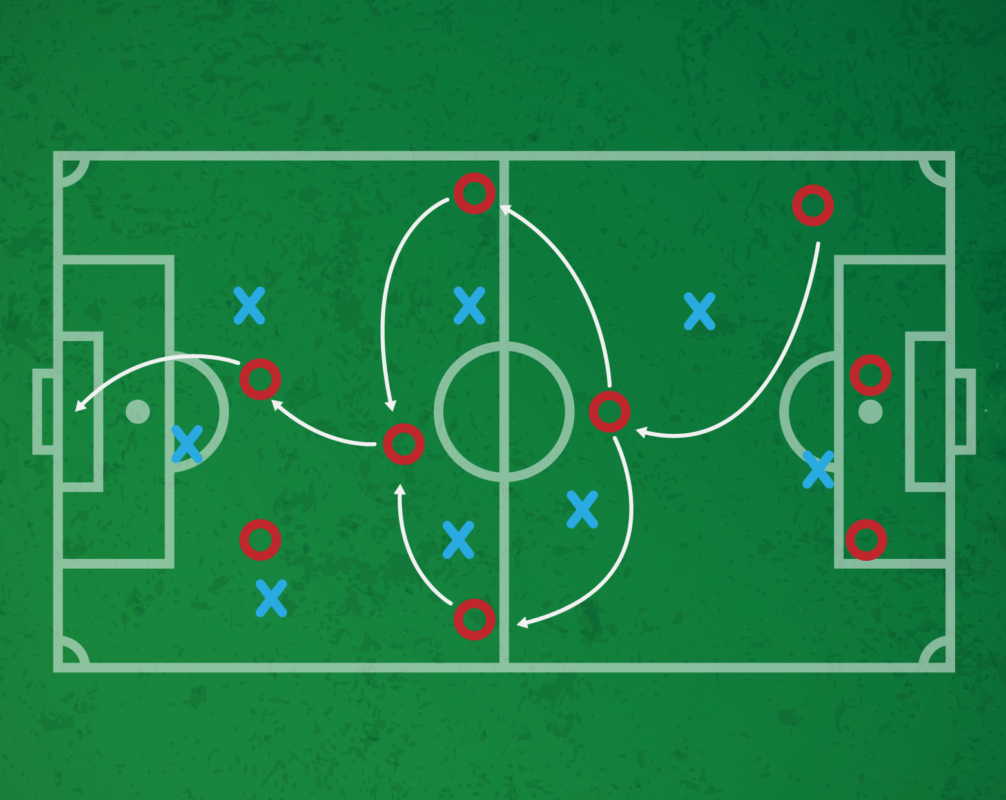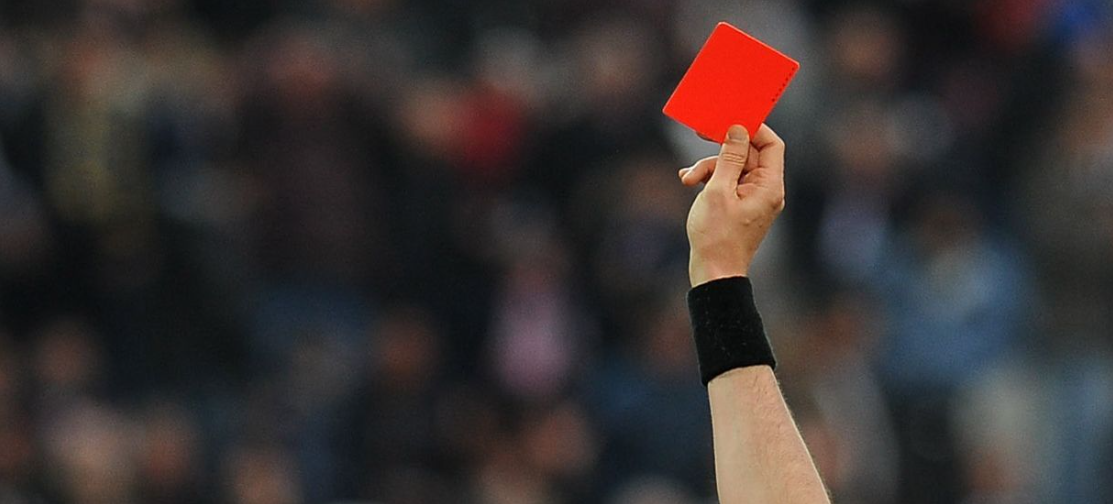Betting on a fixed match attracts many bettors who hope for quick and easy profit without knowing the risks. Some websites or individuals claim to sell confidential information about sporting events whose outcomes are already determined. Before considering such offers, you should ask one crucial question: why would they share this information instead of betting themselves? If a match were truly fixed, these people could bet secretly and win large sums without drawing attention. In reality, such offers often hide a well-organized scam that preys on greed and gullibility. This article explains how these schemes work, why they’re dangerous, and what to watch for so you don’t fall into the trap.
Match-Fixing Scams: What You Need to Know
Offers for betting tips on fixed matches are pure rip-offs. The scammers claim to have insider information, but it’s just a clever trick. They split bettors into three groups and give each group a different outcome: home win, away win, or draw. One third wins, believes in the system, and pays even more next time.
This scheme is repeated weekly, with the price rising. Victims think they have a sure bet but are deliberately deceived. In the end, everyone loses—only the scammers cash in. To avoid this fixed-match scam, don’t respond to any messages, don’t transfer money, and don’t believe in guaranteed profits.
How Do You Spot a Fixed Match?

There’s no doubt that fixed matches exist. This phenomenon has been reported multiple times in various sports, such as cricket, tennis, basketball, and of course football. So if sporting events are occasionally fixed, how can you spot them in time?
Irregular Pre-Match Odds
Betting odds usually reflect how much money bettors put on a particular outcome. When many bets are placed on a team, its odds drop. This works similarly to a financial market, where players “buy” or “sell” outcomes. High demand for a result lowers the odds. However, if that demand becomes unnaturally large, it can distort the market. In smaller leagues, this can be a sign of a fixed match, since low salaries make players and referees more susceptible to corruption. If odds fall without a logical explanation, there is justified suspicion.
A sudden drop in the draw price is often a suspicious signal. A slight drop can be normal. A sharp drop, however, indicates unusually heavy staking on that outcome. This has been observed repeatedly at the end of the season in Serie A. Some clubs achieve mutually beneficial results there. Since 2001, many matches with suspicious odds have ended in a draw. By comparison, in the Premier League over the same period, there were no such cases. A striking example is the Chievo – Sampdoria match in 2011, where the odds for a draw fell from 3.00 to 1.55.
Nevertheless, an irregular price does not automatically mean a match is fixed. It can also be caused by rumours, poor form, or a snowball effect among bettors. Some exploit this by backing an outcome early and selling out as the price drops. This can secure a risk-free profit, even if the match isn’t fixed. So you should remain cautious yet alert, because odds movements often reveal a lot about what’s happening behind the scenes.
Irregular Live Odds
Live odds can expose manipulation. As with pre-match markets, unusual fluctuations often signal a problem. Today, odds are calculated automatically, making it easier to detect anomalies. In several cases, these irregularities have alerted authorities to possible fixed matches by organised groups.
A notable example comes from a Superettan match in Sweden, where unusual odds were observed during play. Although no goal had yet been scored, the price for “over 3.5 goals” fell to 1.50, which is atypical. This drastic drop at 0–0 suggested suspicious confidence in a specific outcome.
The subsequent course of the match confirmed the doubts. When the fourth goal was scored, prices on “under 4.5 goals” attracted new stakes. This indicated a previously known result. The match ended 4–0, reinforcing suspicions of a fixed encounter. Such behaviour in the in-play market should always be monitored closely.
Refereeing Errors

Refereeing errors are common in sport. Most are down to questionable human decisions. But sometimes certain actions arouse suspicion. Then it’s no longer just about mistakes but about possible match manipulation. When a referee influences the course of a match, it goes beyond incompetence.
Several cases have highlighted this phenomenon—situations where referees were linked to networks for manipulated betting. This distorts sport and puts the integrity of the game at risk. Dubious red cards, invented fouls, contradictory decisions… all of these are signs of possible organised fraud.
In some instances, investigations uncovered direct ties between officials and groups with financial interests. Convictions followed, yet scandals continue to shake many sports. These stories show that even at the highest level, corruption is possible.
Irregular Performances
Every player has the occasional bad day. Even the best can fail sometimes. A mistake, a bad pass, a botched finish—these things happen. But sometimes there are moments that make you pause.
In football, no other player can influence a match as much as the goalkeeper. Over the years, certain scenes have raised doubts about their authenticity. One of the most striking was the “save attempt” by Ferhat Kaplan on a shot from Wesley Sneijder in May 2015—highly suspicious.
Sometimes players intentionally perform just below their usual level to avoid arousing suspicion. This happened in the Boston College scandal of 1978/79. Players were paid to win matches but by a smaller points margin than expected.
The scheme was exposed in 1980 by Henry Hill. He became an informant and alerted authorities to the fixing at Boston College. This story is told in the must-watch documentary Playing For The Mob.
Irregular Results
Sporting upsets are nothing unusual. An underdog can beat a favourite, even at a very high price. Such twists are within the realm of possibility and don’t necessarily arouse suspicion. That’s the beauty of sport: nothing is ever truly certain.
Some results, however, go beyond the improbable. They defy sporting logic. In such cases, we speak of irregular results, where the scoreline doesn’t reflect genuine sporting performance. It seems as if the outcome was staged or manipulated.
A particularly striking example occurred in Nigeria in 2013. Two clubs won their matches by grotesque scorelines: 79–0 and 67–0. The aim was to artificially boost their goal difference to avoid relegation. The response was clear: several clubs were suspended and referees were banned for life. Incidents like these leave no doubt—the sporting irregularity is obvious.
Fixed Matches: What Are the Consequences for Bettors?
Fixed matches have very negative effects on sports bettors. They may suffer financial losses if they back a fixed outcome. Those who bet on an influenced or intentionally losing team face a high risk of loss.
The information about performance of players or teams then becomes misleading and worthless. The result is distorted, rendering sporting analysis meaningless. Online betting platforms are also affected. Manipulation leads to a loss of trust and damages the credibility of providers.
Some bettors turn away in disappointment, leading to a decline in activity. For bookmakers, this means a drop in revenue as fewer players remain active.
Betting on a Fixed Match: A Risky Undertaking
A bettor who wagers on a fixed match can face serious consequences. First, they risk losing their entire stake. In addition, they may face financial penalties, such as hefty fines.
The bettor can also be banned from betting platforms. In some countries, the legal risks are especially high. Betting on a fixed match can lead to criminal prosecution and, in some cases, even to prison sentences.
The Fight Against Fixed Matches: An Urgent Priority
To combat fixed matches, sports authorities and online bookmakers have stepped up their measures. They now conduct thorough investigations into suspicious players and officials. Awareness campaigns against fraud have also been introduced.
Where manipulation is proven, financial penalties, suspensions, or even criminal prosecution may follow. Bookmakers also deploy tools to detect suspicious activity, especially when there are unusual odds movements before a match. The goal is to protect bettors from fixed events.
Betting on a fixed match is not an exclusive secret for insiders. It is above all a dangerous illusion fuelled by well-organised scammers. These promises of quick profit exploit the gullibility of tippers looking for shortcuts. In truth, there is no “infallible system” or “confidential information” that guarantees success in sports betting. Unusual prices, odd results, or sudden drops are not always proof of manipulation, but they should be treated with caution. The world of sports betting requires vigilance, analysis, and above all a clear strategy.
If you want to learn how to succeed in sports betting honestly and over the long term, we recommend our in-depth article. There you’ll find how to bet smarter—without falling into the traps of fixed matches. Read our tips here for smarter betting and better chances of winning.



